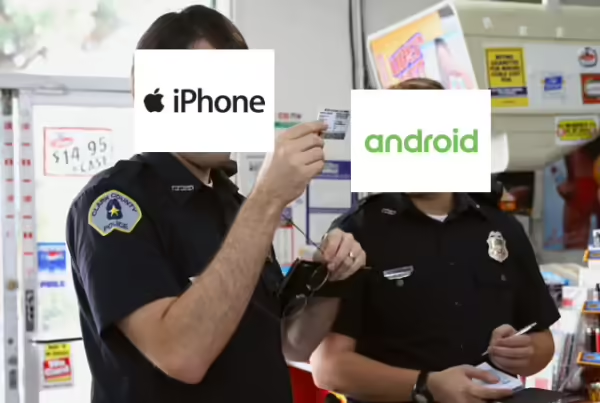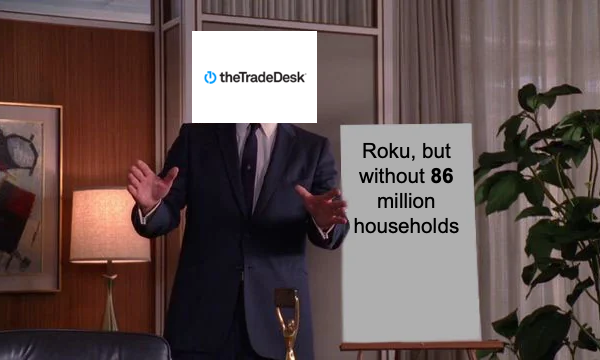Big News: Both Peacock and HBO Max launched without apps on Roku or Amazon Fire TV.
Why this matters: Roku and Amazon each have 35M+ users in the U.S. and would impact subscriber growth for any service missing from either platform.
Quote from Anthony Wood – CEO @ Roku:
“We’re an essential partner for any streaming service trying to build an audience in the United States.”
CTV/OTT users by platform in the U.S., according to eMarketer:
1) Smart TV – 57M
2) Roku – 47M
3) Amazon Fire TV – 35M
4) Game Console – 34M
5) Google Chromecast – 16M
6) Blue-Ray Player – 13M
7) Apple TV – 12M
Share of CTV viewing time in 2020-Q1 according to Hedgeye:
1) Roku – 44%
2) Fire TV – 19%
3) XBOX – 10%
4) Apple TV – 8%
5) Other – 7%
6) Chromecast – 6%
7) Playstation – 5%
8) Samsung – 1%
Big question #1: What is this dispute all about?
Quick answer: Money. This is no different than past carriage disputes between a TV network and a pay-TV provider.
What Roku wants:
1) 30% of subscription revenue
2) 30% of ad inventory
3) Content for Roku Channel (ad-supported streaming) from WarnerMedia and/or NBCUniversal (see Disney+ deal)
What Amazon wants:
1) 15-45% of subscription revenue
2) Content for IMDB (ad-supported streaming) from WarnerMedia and/or NBCUniversal
Big question #2: Will this cause customer confusion?
Quick answer: Yes.
Example #1: Edmund Lee from the New York Times breaks down how a current HBO subscriber would access HBO Max.
Example #2: EMC Capital maps out which platforms each streaming service is available on.
More #1: The War for Your Living Room: Here Comes Google, Watch Out Roku, Amazon and Apple
More #2: Shut out of Fire TV and Roku, Peacock is the latest example of the arrival power moves to streaming








